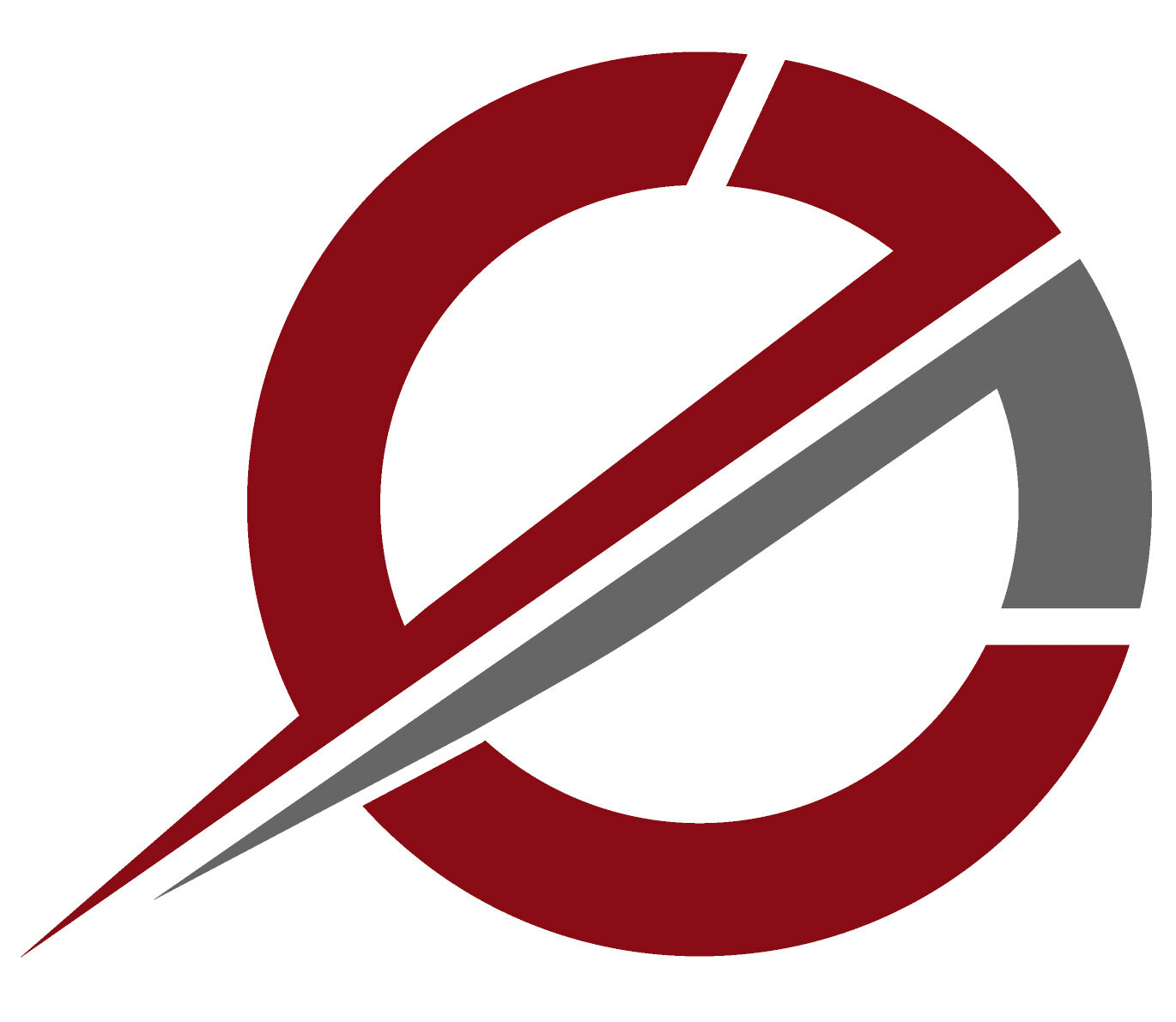Here is how your child can become Spiderman without a spider bite
When my nephew Isao was five years old, he asked me for a Spiderman costume. He was so excited to wear what belonged to him all along! Spiderman was his favorite character ever. He practiced moves as much as possible while playing outside. When he got his costume, Isao was vested by superpowers. He was not afraid of jumping from trees and rolling over obstacles to save the world from bad people. His mother recalls once he almost jumped from a building’s roof! She had to hide the costume until he promised not to try it again.
Spiderman’s comics inspire millions of children around the world. In the story, Uncle Ben told his nephew Peter Parker in their last conversation before he passed: “With great power comes great responsibility.” This proverb became the guiding force in Spiderman’s life. And for my nephew, a lesson learned not to jump from buildings. It would be great if every child could be a Spiderman of some sort. A spider bite would hurt badly in the real world, not make someone a member of The Avengers! But there is a way to enable children’s superpowers. We first start by tweaking the famous proverb to: “With great responsibility comes great power.”
Traditionally, we believe that responsible children are the ones who sit all day without talking much, do everything teachers and parents say, and do well on tests. However, if responsibility comes once you plan and take action, when did these children ever plan or act? They are obedient students with no practice in transforming themselves. They sit down, wait for the next instruction, and execute to the teacher’s preferences. What can we expect from these students as they reach adulthood?
Responsibility is a conscious decision to do something that you know will have an outcome and a willingness to face the consequences of your actions, whether they are good or bad. As best-selling author Jack Canfield writes in his book The Success Principles, “One of the most important principles for success is taking 100% responsibility for your life and your results.” Responsibility is the first step to become successful and accomplished in life.
How can children practice taking 100% responsibility and assume the consequences of their actions? The first step of the Relational Learning Framework I shared in my book Becoming Einstein’s Teacher, is setting goals and taking action. Simply allow students to decide how they will tackle the day’s activities and help them set measurable goals. Accompany learners throughout the day to make sure they are executing what they planned. Then, help them evaluate their accomplishments at the end of the day and guide them to decide what to do differently the following day.
As learners get used to the process of goal setting and planning daily, they become aware of their limitations, what they are capable of, and what they must do to reach their goals. They can then expand their goal-setting skill across more extended periods of time and multiple goals—an essential component of developing perseverance and learning autonomy. Learners start planning their week, month, and year. They also develop intrinsic motivation and increase self-esteem as they discover how hard they can push themselves and how far they can go.
You will notice, over time, that learners will even start planning their lives. They will set their minds on what they want to do, who they want to be, where they want to go. This is what happened with George, who I met when he was 12 years old. He told me he would study mechatronics in Germany at a specific university he chose because, he explained, “there are two top universities for this career in the world, one in the U.S. and one in Germany. I picked the one in Germany.” He knew how to get a scholarship and was already working on doing so. No one had to tell him what to do. He did it by himself! This is how daily goal setting, planning, and self-assessment practices will enable learners to plan their lives. We just need to help them discover their innate ability to have new ideas and act upon them.
If it takes 10,000 hours to become an expert on anything, students will practice taking 100% responsibility for 16,800 hours in their K-12 years. As students see their effort bring tangible results, their intrinsic motivation increases, and they come to understand that taking 100% responsibility is the secret to achieving whatever they want in life. With great responsibility comes great power. Thus, every child can be Spiderman.

